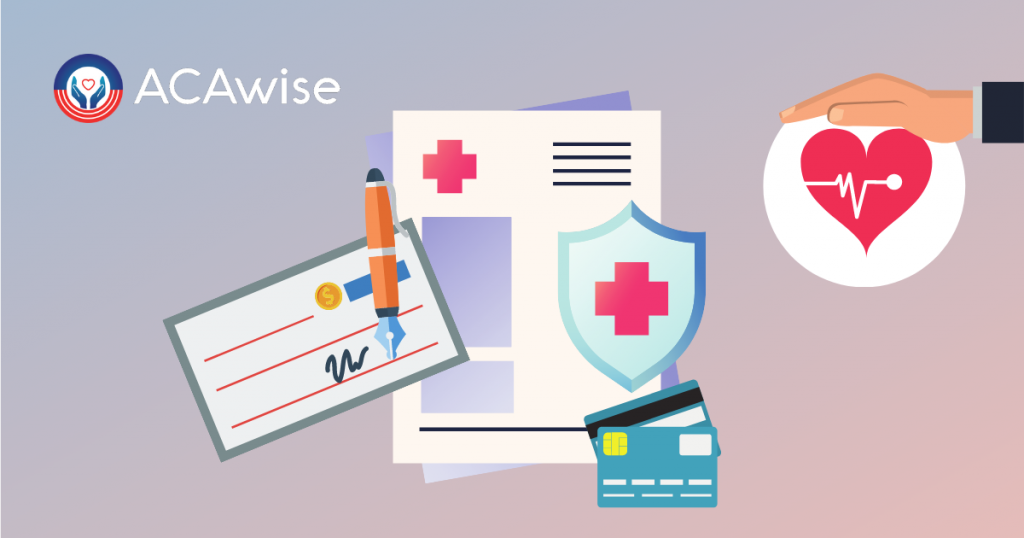What is an ICHRA and How Does it Work?

There are many different health insurance coverage plans out there, one type of these plans is the HRA. This plan has undergone some changes that went into effect in January 2020. As this option increases in popularity the IRS will likely require additional information from mandated ACA reporters for tax year 2020.
What is an ICHRA?
An ICHRA or Individual Coverage Health Reimbursement Arrangement is by definition, an employer-funded plan that reimburses employees for medical expenses and/or health insurance premiums. Because employers can claim a tax deduction for this type of plan, employees usually get their reimbursement free of taxes.
An HRA is not an account, like a Health Savings Account (HSA), where employees can withdraw funds to pay medical expenses. The expense is accrued first and the employee is responsible, the reimbursement comes later.
What are the benefits of an HRA?
Effective in January of 2020, employers are able to offer their employees an HRA instead of traditional group health insurance. Employees can then purchase a plan on the health insurance marketplace based on the amount that their employer will reimburse them.
Employers who choose to offer their employees traditional group health insurance can additionally offer an “excepted benefit HRA”. This allows employees who decline group health insurance to have up to $1800 towards their healthcare costs.
The HRA offers flexibility to both the employer and the employee.
What are the drawbacks of an HRA?
The HRA does have some disadvantages and limitations. For example, this plan is limited in what it can cover when it comes to coverage. The IRS deems what qualifies for reimbursement. This is also a nontransferable source of health insurance funding, if you no longer work for your employer, you will no longer have access to these healthcare reimbursements.
How do HRAs affect ACA reporting?

Employers who decide to offer their employees an HRA will have to report this to the IRS. This information must be reported on the Form 1095-C. Line 17 has been added to this form to accommodate HRAs. On line 17, employers will need to report their employees’ zip code to the IRS to prove the affordability of the HRA plan they are offering.
Do you have questions about your ACA codes?
ACAwise has the answers. Our team is here to make your ACA reporting a quicker and simpler process.
ACAwise has experience in generating Form 1095-C codes with 100% accuracy. Our comprehensive ACA reporting solution handles your ACA reporting requirements so you don’t have to!
ACAwise can generate your ACA codes for you and simplify your reporting for tax year 2020.





